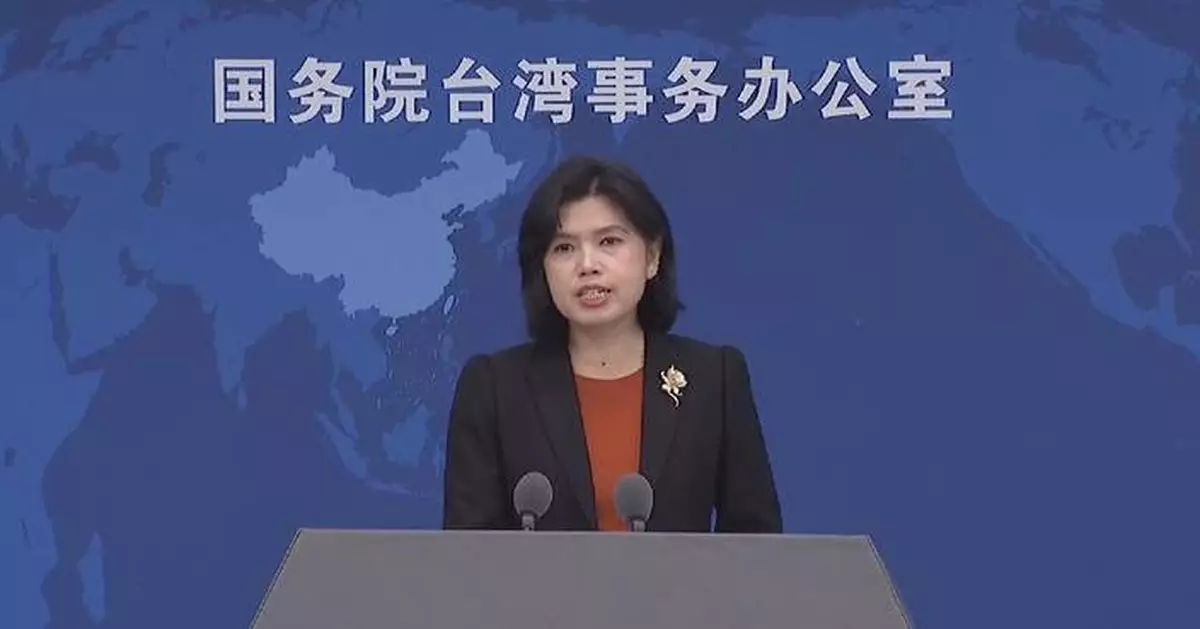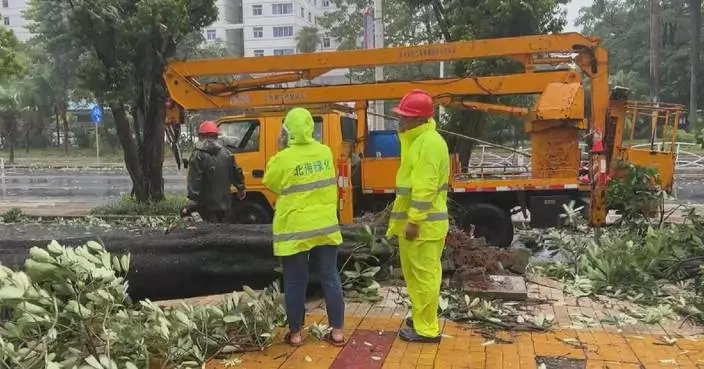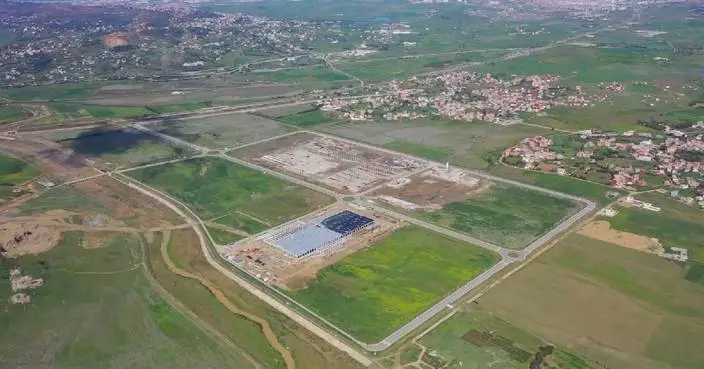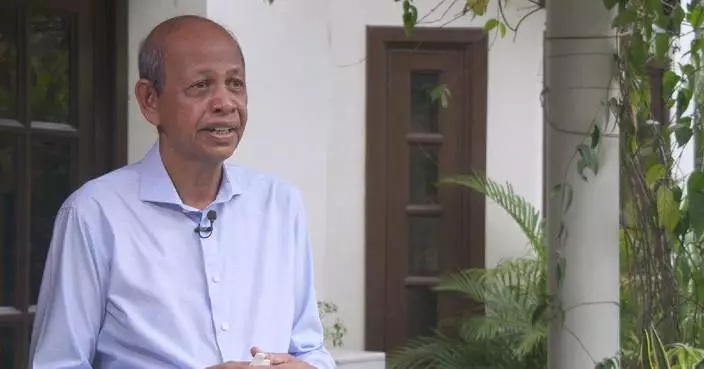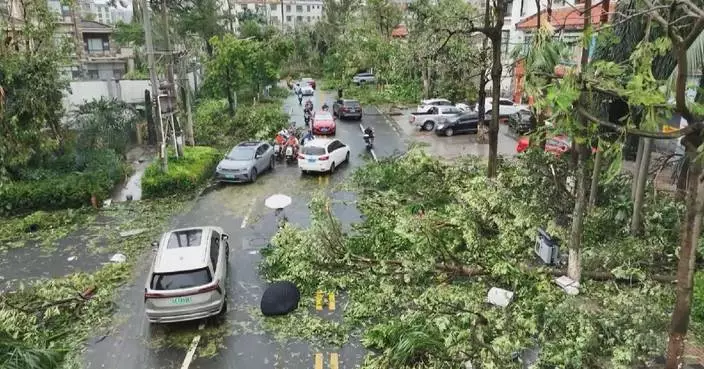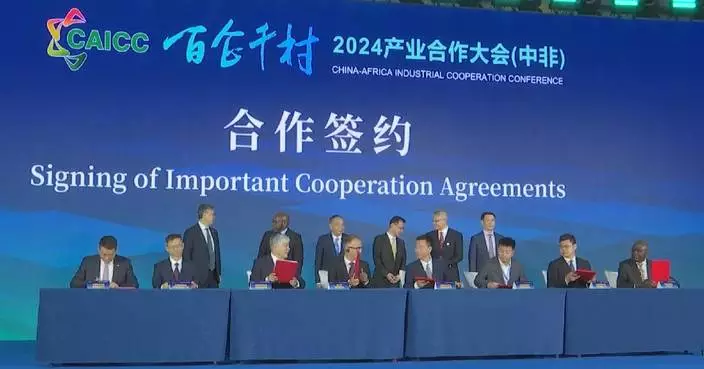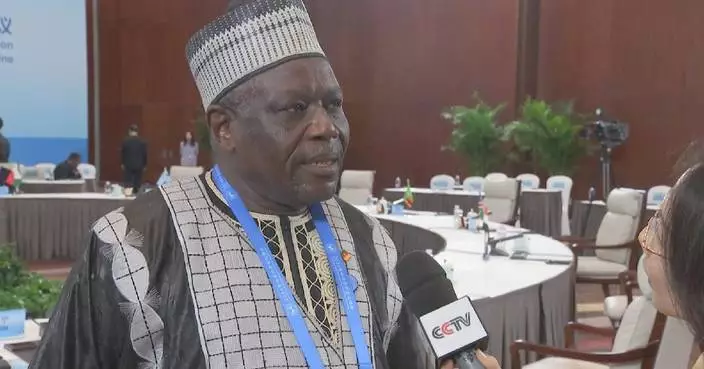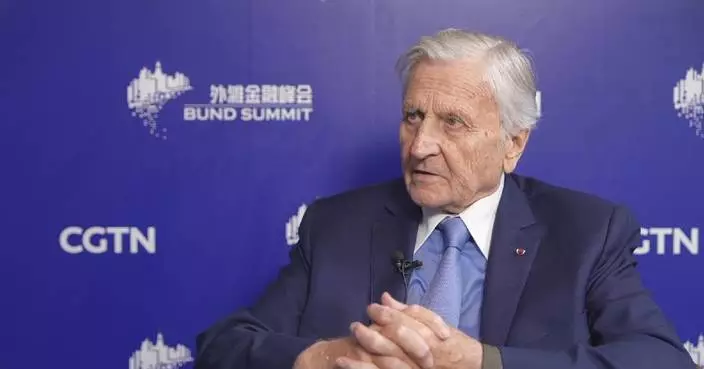The Democratic Progressive Party (DPP) authorities' attempt to promote "de-Sinicization" by changing Chinese dialect names won't erase the impacts of Chinese culture in Taiwan society, said Zhu Fenglian, spokeswoman of the Taiwan Affairs Office of the State Council, at a press conference on Wednesday.
The DPP education authority recently announced to rename a language proficiency test of Minnan language to Taiwanese language.
"This is another farce by the DPP authorities in their deliberate attempt to promote 'de-Sinicization.' The Minnan and Hakka dialects spoken by compatriots in Taiwan are the same as those spoken by the people in the provinces of Fujian and Guangdong. They are regional branches or variants of the Chinese language developed over a long period of history, and they were brought to Taiwan by the ancestors from Fujian and Guangdong. (In Minnan dialect) The so-called 'Taiwanese' language is Minnan dialect, which was brought to Taiwan from Fujian in ancient times, and both sides can understand it. (In Hakka dialect) The Hakka spoken by compatriots in Taiwan was brought from Guangdong to Taiwan hundreds of years ago. The Hakka spoken on both sides is the same, and both sides can understand it. (In Mandarin) The DPP authorities' attempt to make a political issue out of the dialect names is completely self-deceptive. No matter how they stir things up, they cannot erase the imprint of Chinese culture in Taiwan society nor dilute the Chinese national consciousness of the compatriots in Taiwan," she said.
Minnan dialect, or Hokkien, refers to a language widely spoken in southern Fujian Province and parts of Taiwan in China and in many overseas Chinese communities of Southeast Asian countries. Hakka is a language of a Han Chinese subgroup whose ancestral homes are chiefly in the Hakka-speaking provincial areas of Guangdong, Fujian, Jiangxi, Guangxi, Sichuan, Hunan, Zhejiang, Hainan, Guizhou and Taiwan in China. It is also a language spoken by many overseas Chinese in Southeast Asian countries.
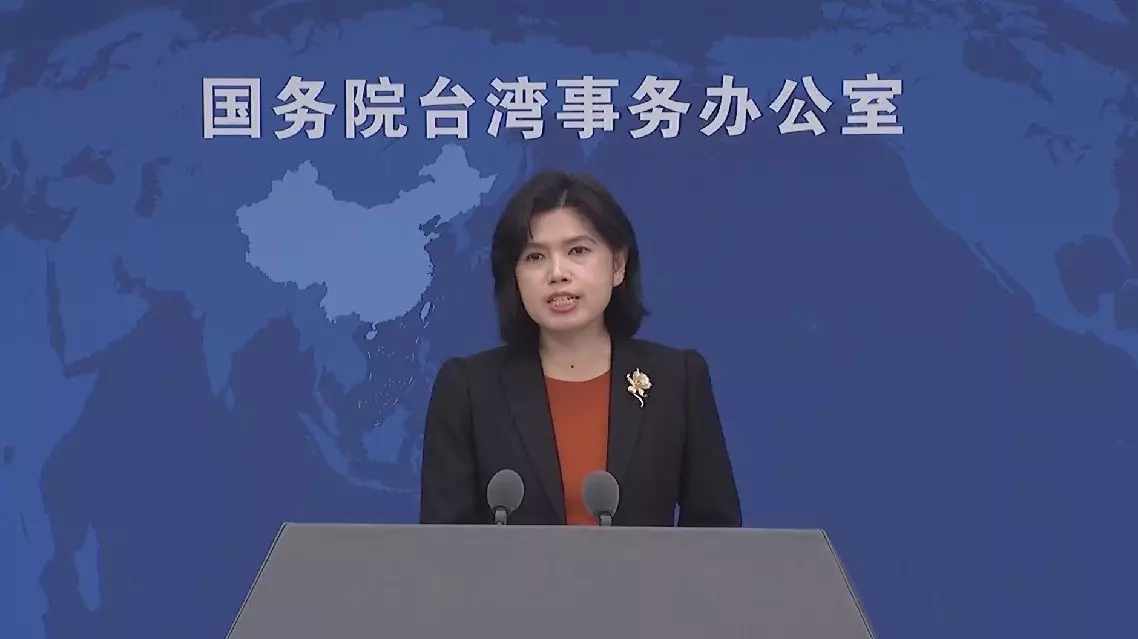
DPP's attempt to rename Chinese dialect is self-deceptive: spokeswoman
China and Africa will ramp up efforts to enhance cooperation in the education sector, partly by launching multiple programs, according to speakers at a dialogue which brought Chinese and African delegates and representatives of UNESCO together in Beijing on Friday.
The China-Africa-UNESCO High Level Dialogue on Cooperation in Education and Cultural Heritage Protection, attended by more than 40 education specialists, issued recommendations on cooperation between Chinese and African universities, and announced the launch of five centers for China-Africa cooperation in fields such as Chinese language education, vocational skills education, and teacher training.
Delegates at the dialogue said the collaboration will help Africa develop its teaching capacity and empower its young people to close the skills gap, which is paramount for the continent's long-term development and prosperity.
"Africa has vast resources, both natural resources, but also even for human capital. It is a continent with generally a very young population. It's absent from a lot of these problems that the developed world is facing like aging populations and so on and so forth. But in order to turn these natural resources or natural talents into real, productive resources and real productive human capital, we need education," said Jin Li, director of the UNESCO International Center for Higher Education Innovation.
"As Egerton University, we stand to support a collaboration that is going to support capacity-building for our staff in the university, as well as postgraduate and undergraduate training for our students within Kenya and also the People's Republic of China," said George Ogendi, a professor at Kenya's Egerton University.
The African Union has set the goal of "well educated citizens and a skills revolution underpinned by science, technology and innovation" in its 2063 roadmap, aligning with the 2030 UN Sustainable Development Goals (SDGs) which emphasize the importance of inclusive and equitable education, as well as lifelong learning opportunities for all.
On the sidelines of the dialogue, delegates stressed the importance of concrete actions for Africa to achieve its target.
"These are very important plans of Africa and the world for sustainable development goals. So for that, we need very good infrastructure. We need good infrastructure for information technologies. We need internet to be accessible by all. So the concerns expressed by delegates from Africa are very valid that unless we have such infrastructure available, the full benefits of education cannot be brought where it is needed," said Shahbaz Khan, director of the UNESCO Multisectoral Regional Office for East Asia.
Noting that more than 60 percent of Africa's population is below the age of 25, delegates said that these young people could become a tremendous asset in driving sustainable growth on the continent if they are given access to quality education.
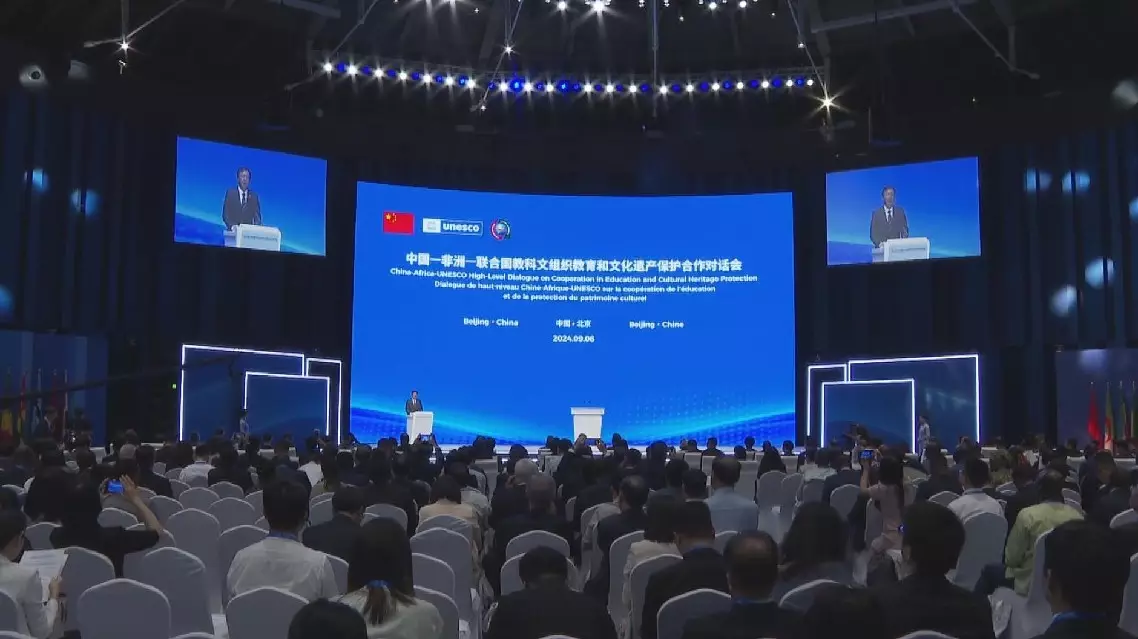
China, Africa to enhance education cooperation



